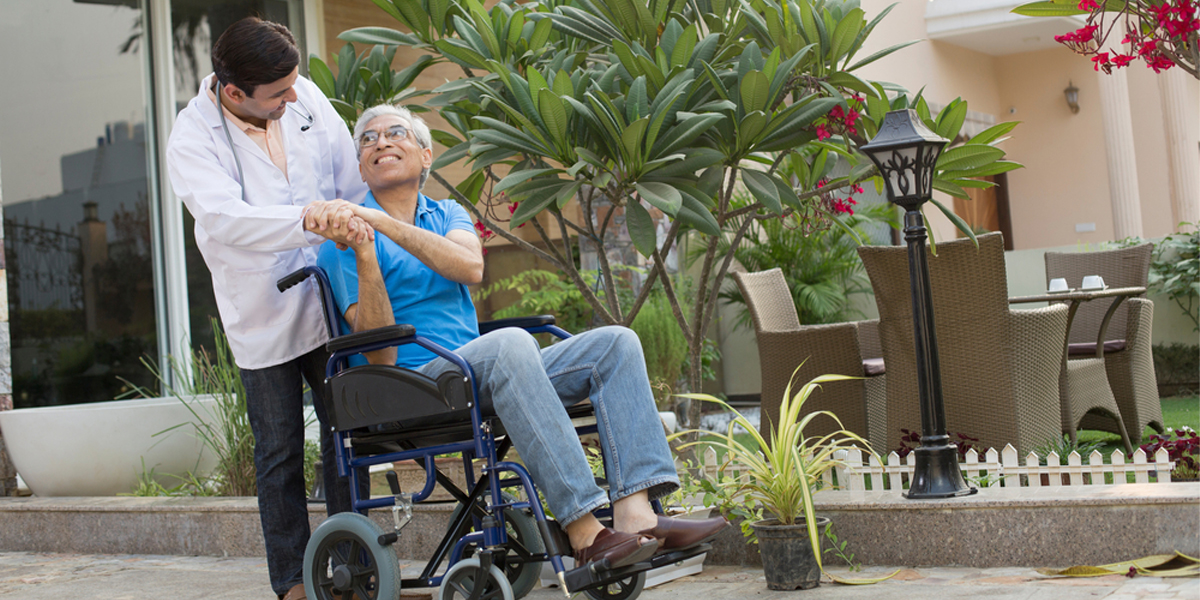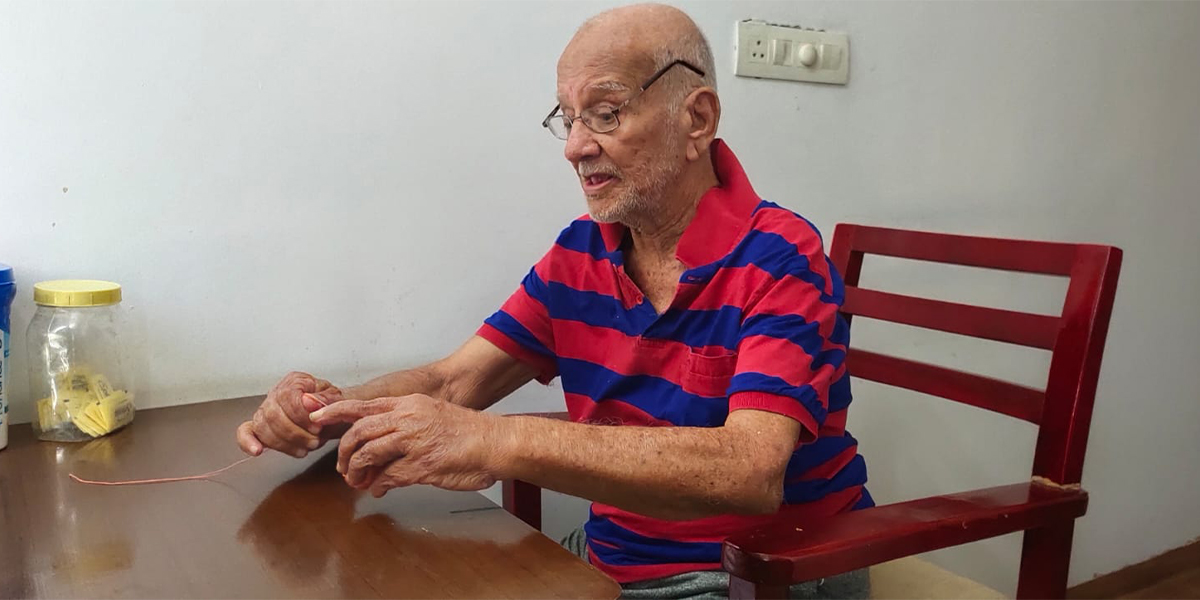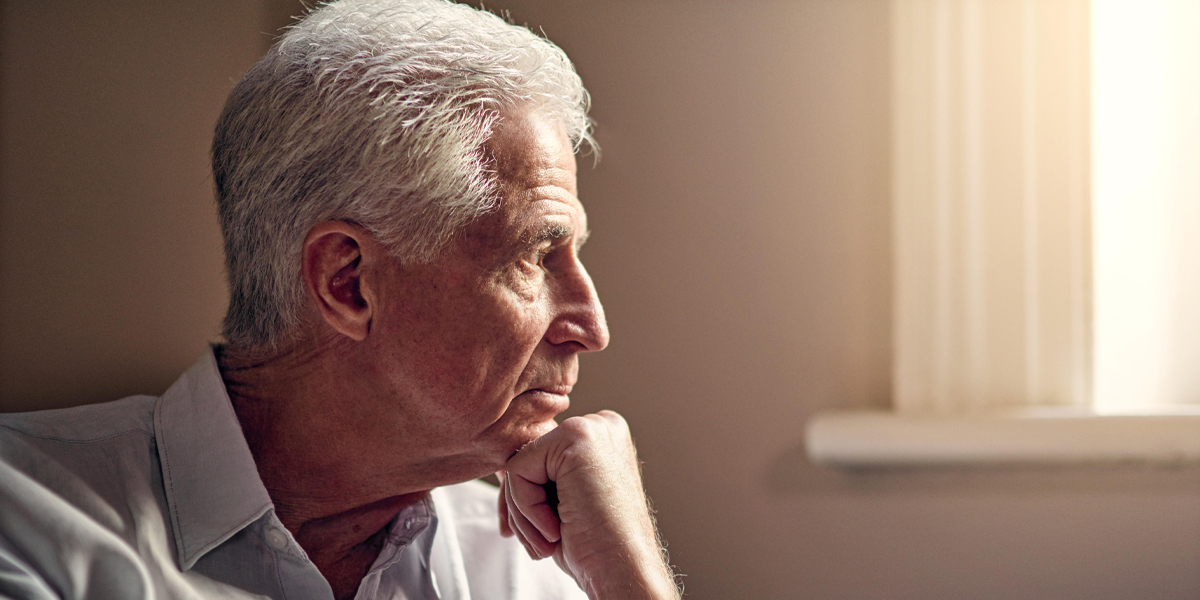Tips to Manage the Concealed Elements of Dementia: Aggression and Anxiety

Scientists have gauged that about 7.4% of Indians aged 60 years and above are diagnosed with dementia. This accounts for about 8.8 million Indians with dementia. Dementia is a medical term referring to the loss of memory, decision-making, language, and thinking abilities that impart a significant influence on the elderly’s daily life. Damage to the brain cells is the primitive cause of memory loss disorders like Dementia. This damage affects the communication between the brain cells. The changes that arise in the brain cells trigger shifts in one’s feelings, behavior, cognitive ability, and functional performance. Dementia causes elders to showcase negative behaviors and feelings such as anger, depression, aggression, and anxiety. Anxiety and depression emerge due to different reasons and can be challenging to handle. When elders become anxious they become restless, pace around, and become upset over specific things or situations. When they turn aggressive they may be shouting, verba



